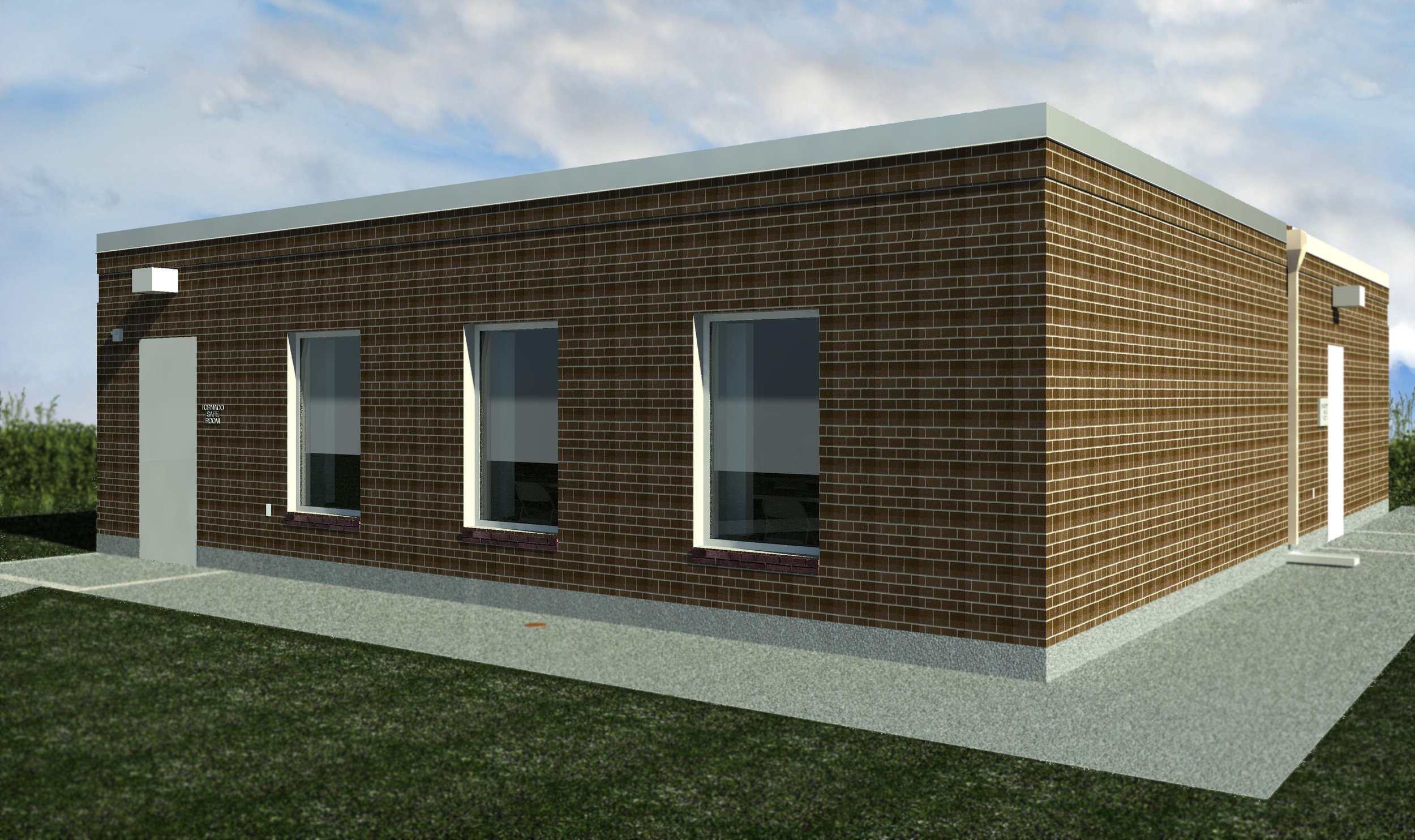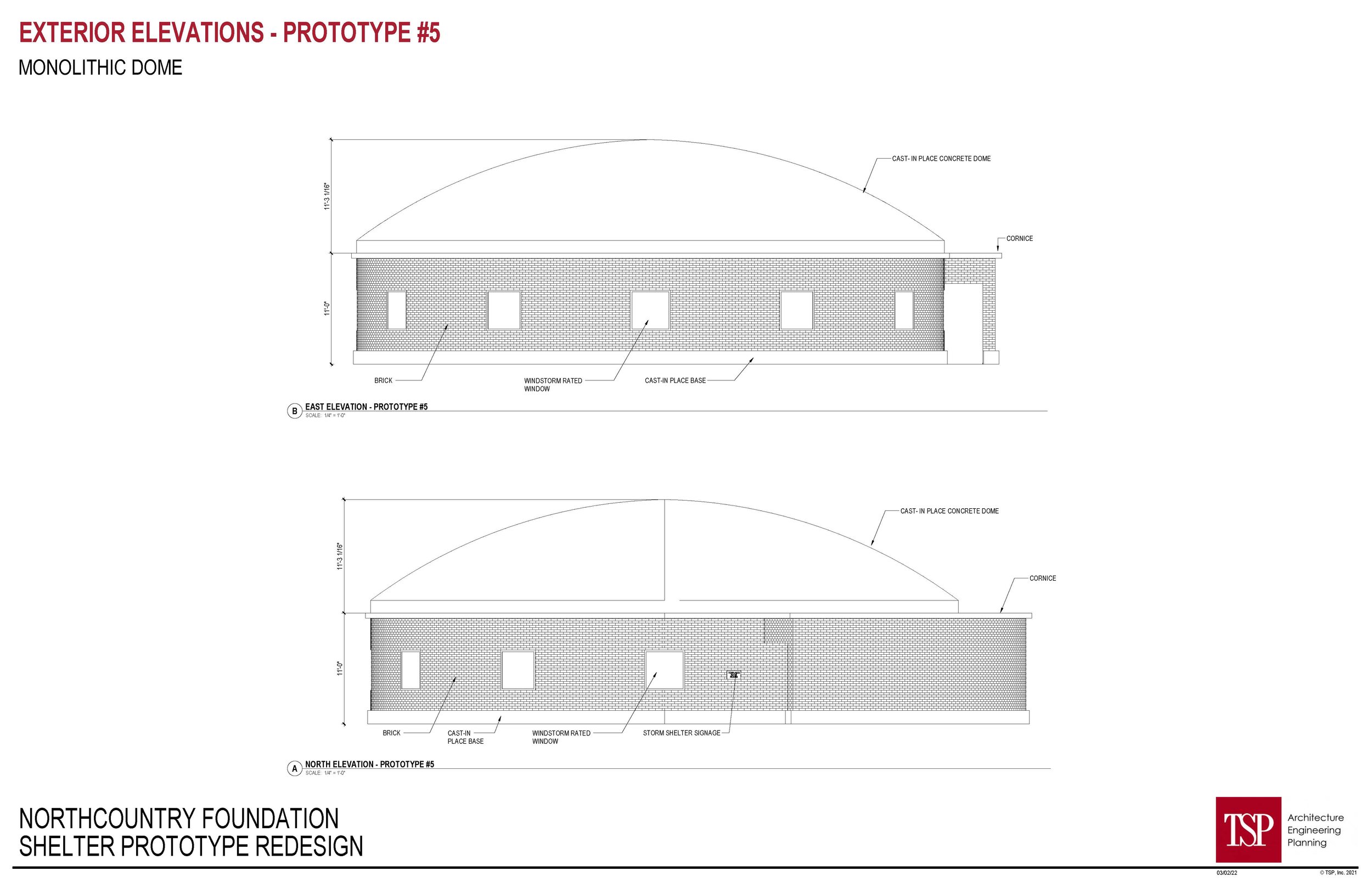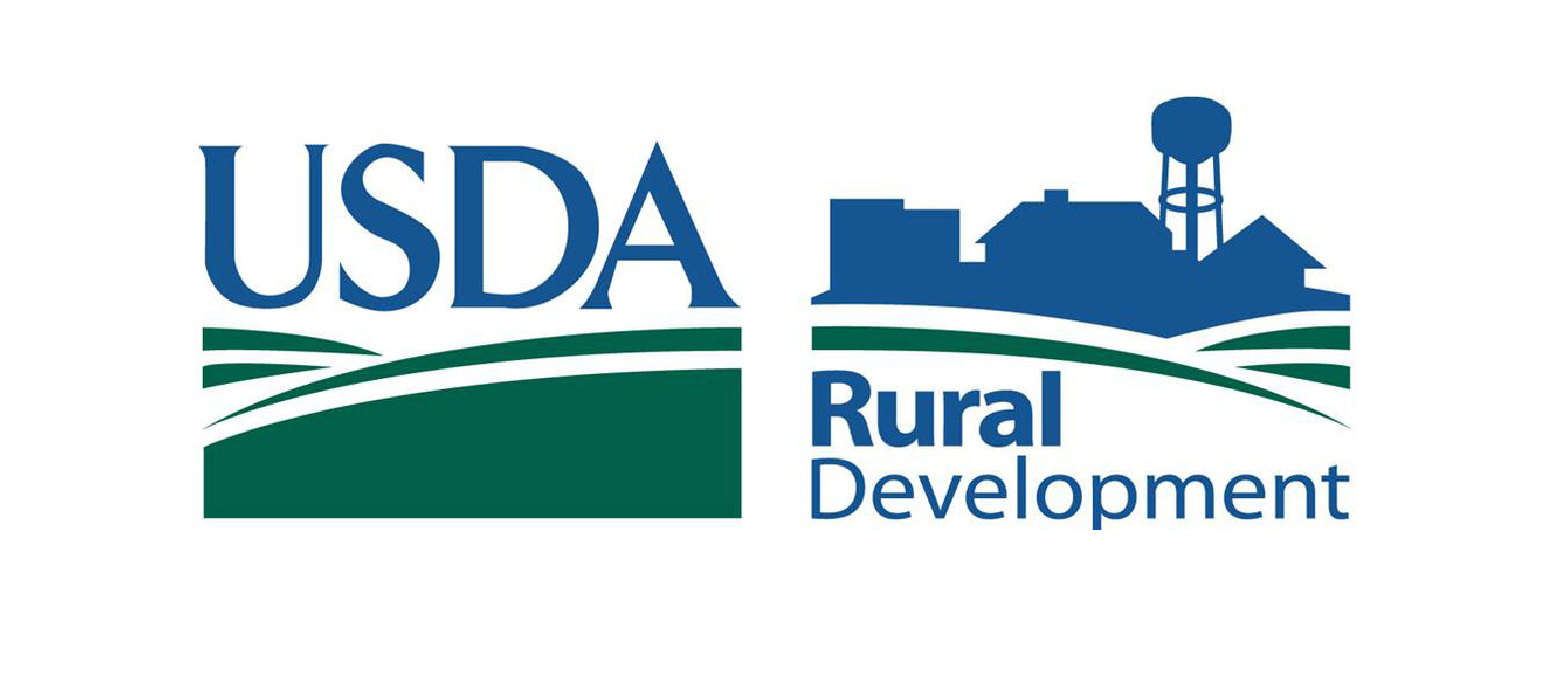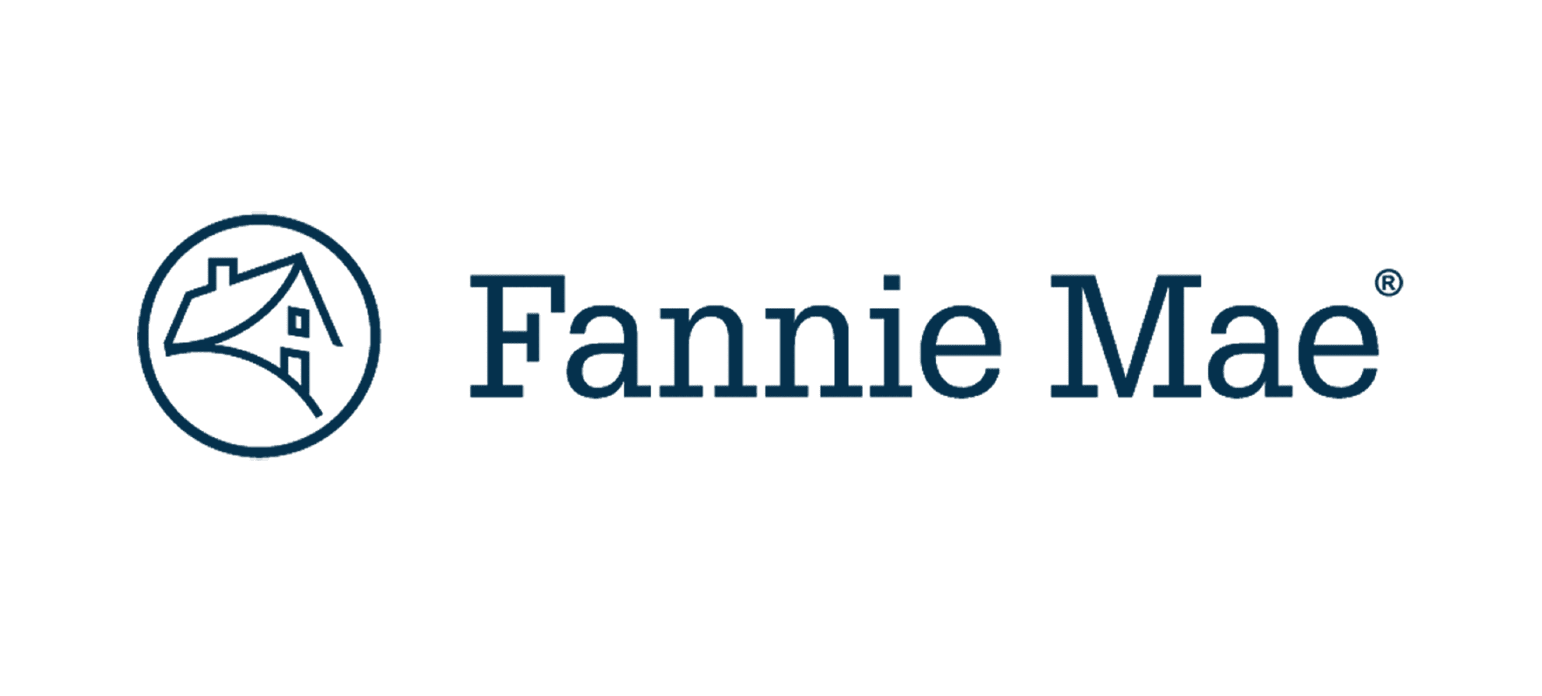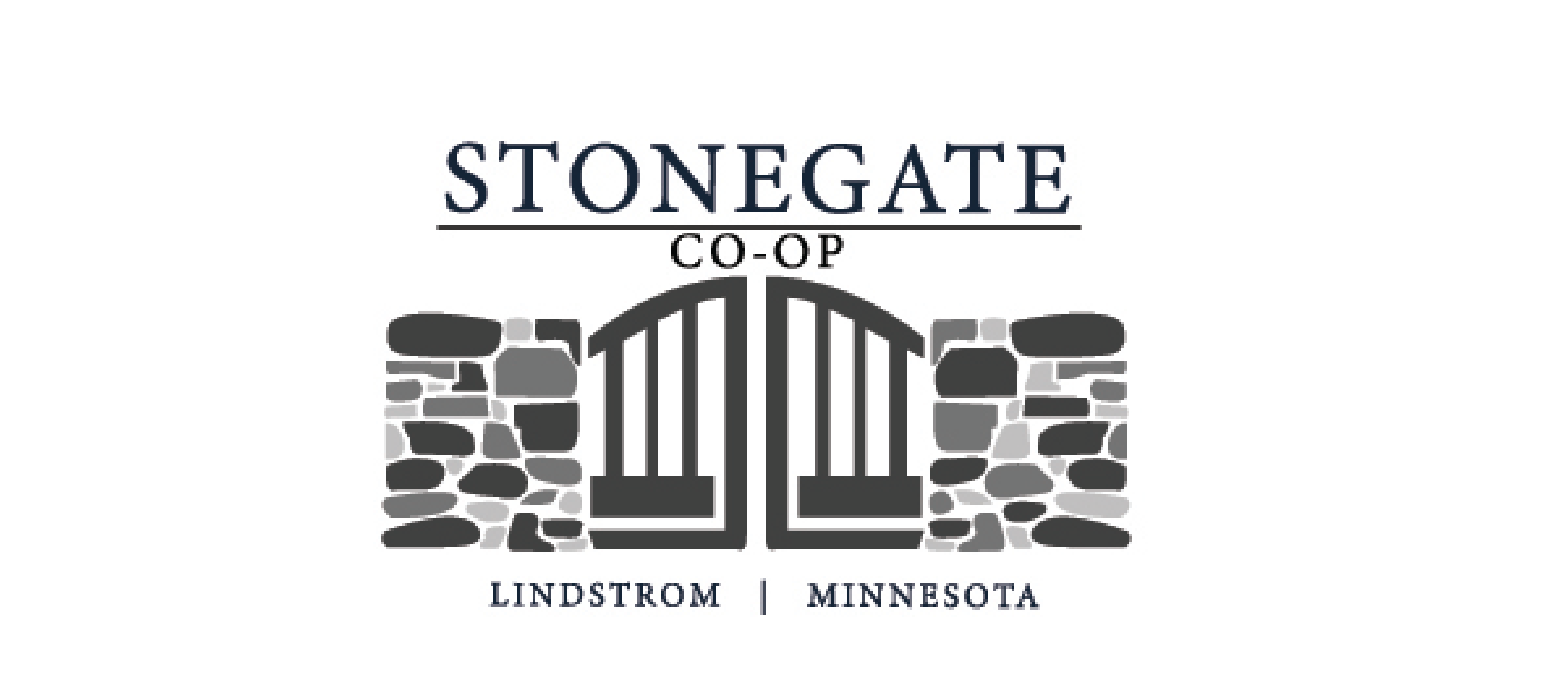NCF Executive Director, Victoria Clark (far left), poses for a photo with Park Plaza Cooperative board members and staff at the grand opening of their storm shelter project in April 2019. Pictured left to right: Natividad Seefeld (Park Plaza board president, Carlton Dahl (board member), Bonnie Johnson (board member), Nancy Stock (onsite manager).
Residents of manufactured home cooperatives that are fortunate enough to have a storm shelter understand how essential these structures are, both for ensuring community safety in the event of severe weather but also as an important community gathering space.
The reality is that many cooperatively owned manufactured home communities lack an adequate storm shelter onsite for residents during inclement weather. This poses a huge problem for manufactured homeowners with potentially devastating repercussions.
In 2016, NCF leveraged a United State Department of Agriculture (USDA) grant to commission a series of prototype designs of storm shelters to help our partner co-ops secure funding for shelter projects. Using the design created in 2016, Park Plaza Cooperative in Fridley, MN became the first of our partner co-ops to complete a new-construction shelter project. The shelter was a first of its kind in Minnesota. The Park Plaza project was largely funded through a new grant program at Minnesota Housing.
In December of 2020, NCF received another USDA grant to take the shelter prototype designs one step further, developing designs that can adapt to unique site conditions, be built at lower-cost, and maximize community meeting space.
NCF worked with TSP Architects and Engineers to produce four reports that would outline 1) the standards of design, 2) potential funding opportunities for communities to build storm shelters, 3) prototypes of storm shelters with associated cost estimates and 4) guidelines for contractors to be able to prepare and complete the work.
Architectural rendering of the Storm Shelter Park Plaza Cooperative constructed in 2019
All reports are now available for communities to use through the NCF website. Five prototypes were developed to accommodate different communities needs from a storm shelter; the Community Room with storm shelter (prototype #3) came in as the overall least expensive option but the Monolithic Dome (prototype #5) as shown below offers the lowest cost option per square foot.
Prototype #5 Monolithic Dome in 3. Storm Shelter Protoypes Report
NCF plans to use the new prototypes to help our partner co-ops source project funding and complete their own storm shelter projects. We are thankful to TSP for their thoroughness and their collaboration with our staff and cooperative leaders that helped inform and shape this project.



